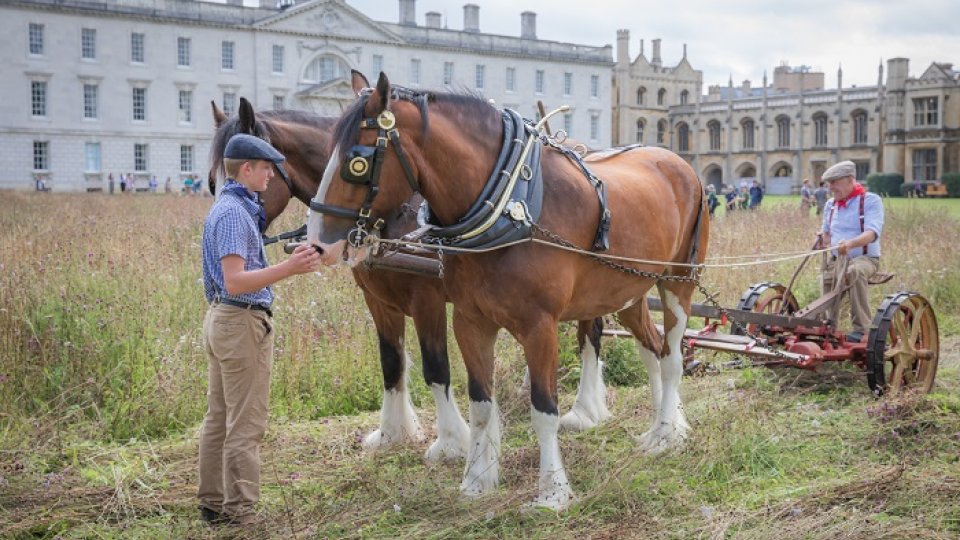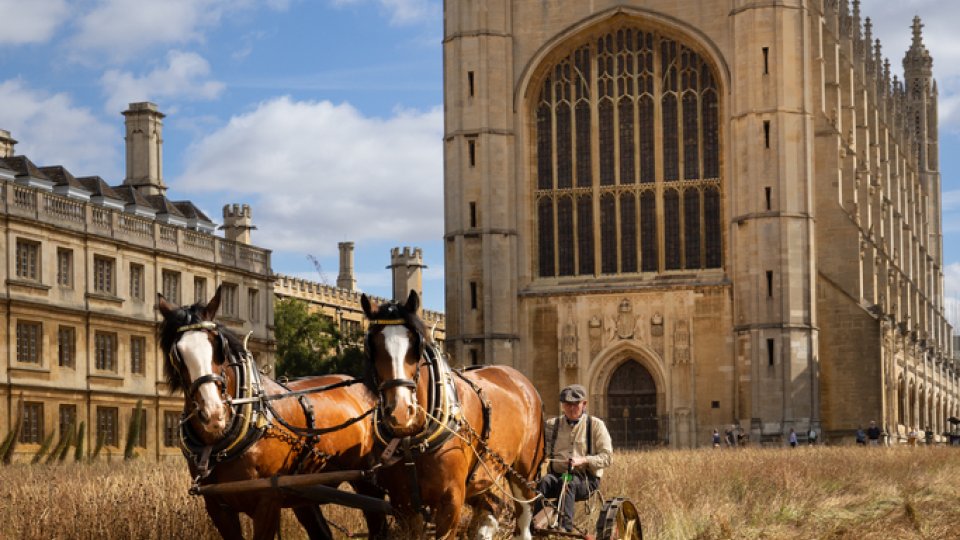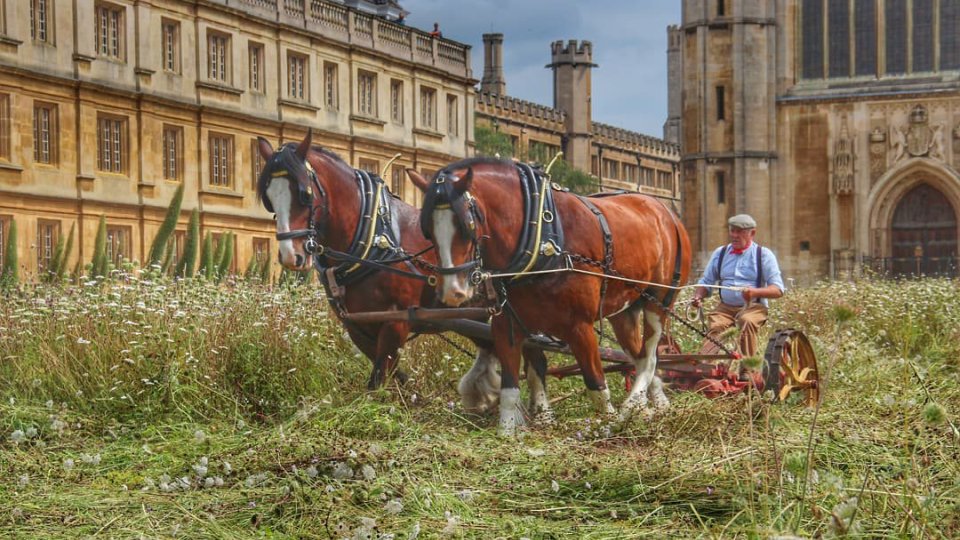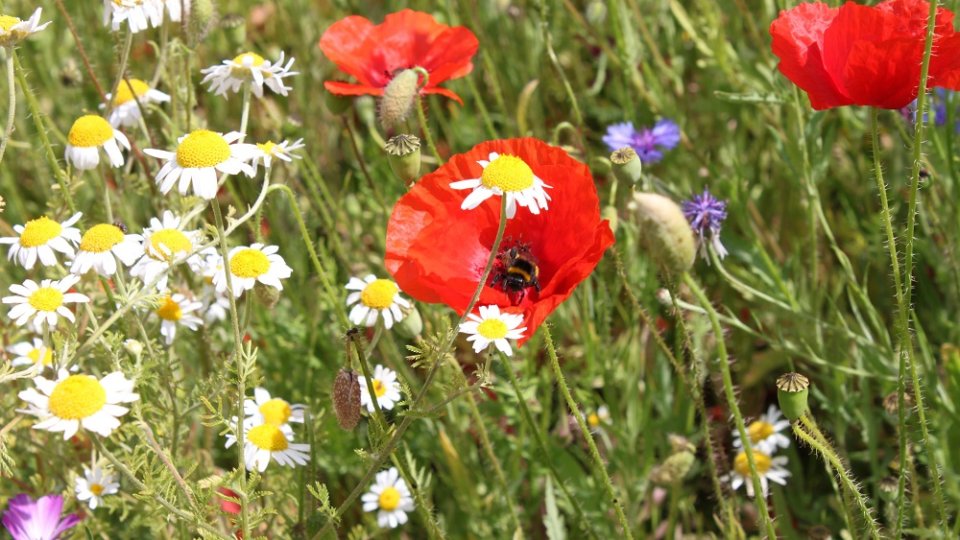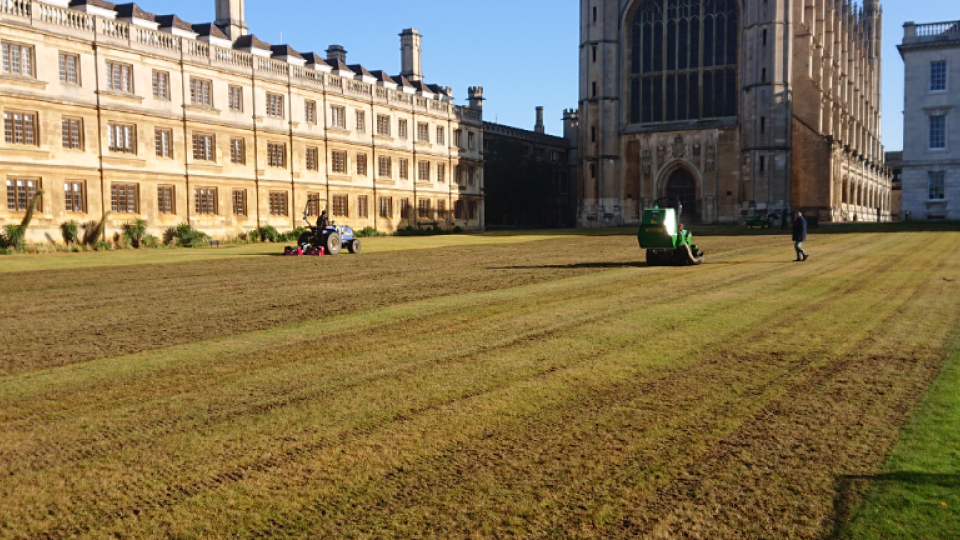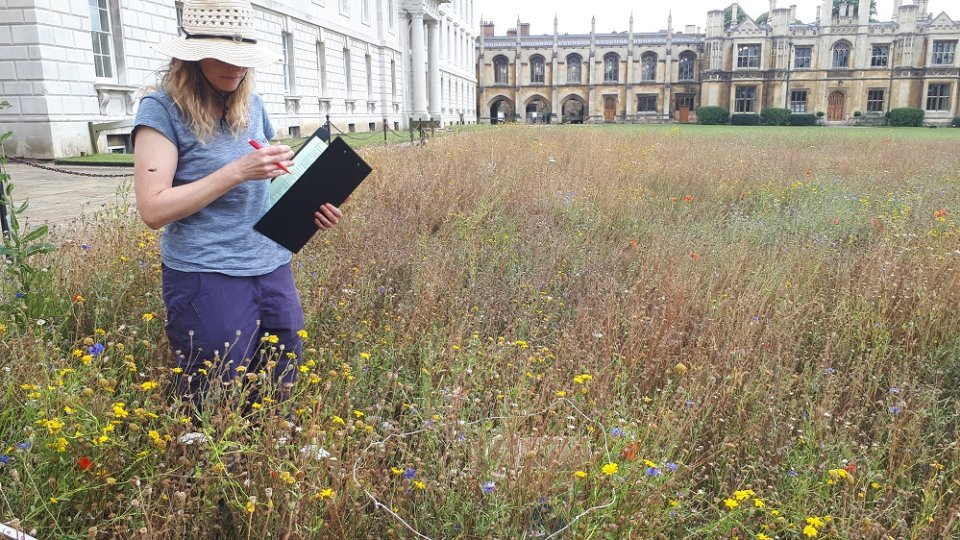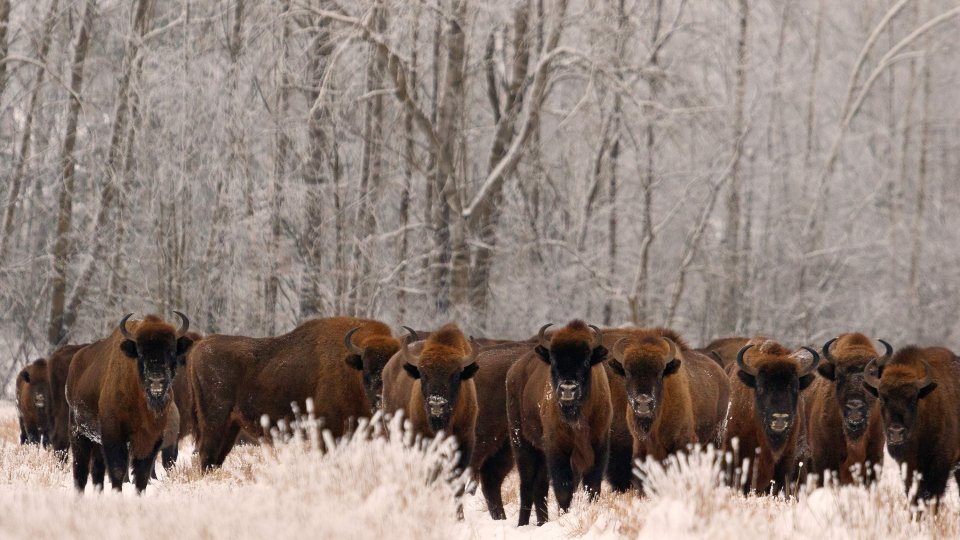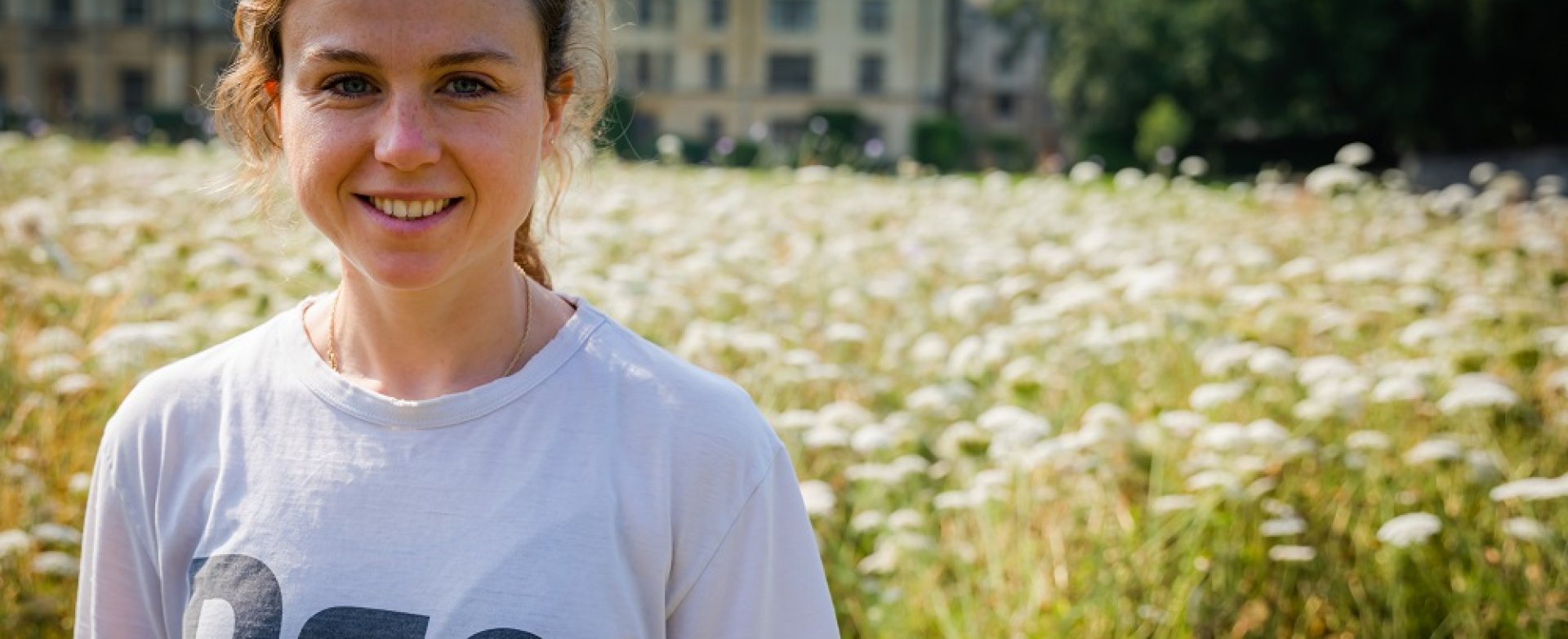
A new study led by King’s Research Fellow Dr Cicely Marshall shows that establishing the meadow has made a considerable impact to the wildlife value of the land, while reducing the greenhouse gas emissions associated with its upkeep. The study is published today in the journal Ecological Solutions and Evidence.
Cicely and her colleagues, among them three King’s undergraduate students, conducted biodiversity surveys over three years to compare the species richness, abundance and composition supported by the meadow and adjacent lawn. They found that, in spite of its small size, the wildflower meadow supported three times as many species of plants, spiders and bugs, including 14 species with conservation designations. Terrestrial invertebrate biomass was found to be 25 times higher in the meadow, with bat activity over the meadow also being three times higher than over the remaining lawn.
As well as looking at the benefits to biodiversity, Marshall and her colleagues modelled the impact of the meadow on climate change mitigation efforts, by assessing the changes in reflectivity, soil carbon sequestration, and emissions associated with its maintenance. The reduced maintenance and fertilisation associated with the meadow was found to save an estimated 1.36 tonnes CO2-e per hectare per year when compared with the grass lawn. Surface reflectance increased by more than 25%, contributing to a reduced urban heat island effect, with the meadow more likely to tolerate an intensified drought regime.
The study also assessed the perception of the meadow and attitudes towards increased meadow planting across the Cambridge University estates. The team found the Cambridge community to be overwhelmingly in favour of increased meadow planting in place of lawns, with only 1.4% preferring entirely lawn, although respondents were clear that meadow planting should be in conjunction with maintaining or increasing access to green space for recreation.
Cicely summarised the impact of the wildflower meadow:
There’s no doubt that the introduction of the meadow has been an unqualified success; not only has it had a hugely beneficial impact on our biodiversity within the College, but it’s also captured the imagination of so many people across the city and beyond.
Provost of King’s and Chair of King's Gardens Committee Professor Michael Proctor added:
The wildflower meadow has inspired us to think more about how we look after and enhance our biodiversity, and has brought to attention just how much has been lost. We hope its presence in this iconic setting will motivate others to think about sustainability and to consider planting their own meadows elsewhere.
